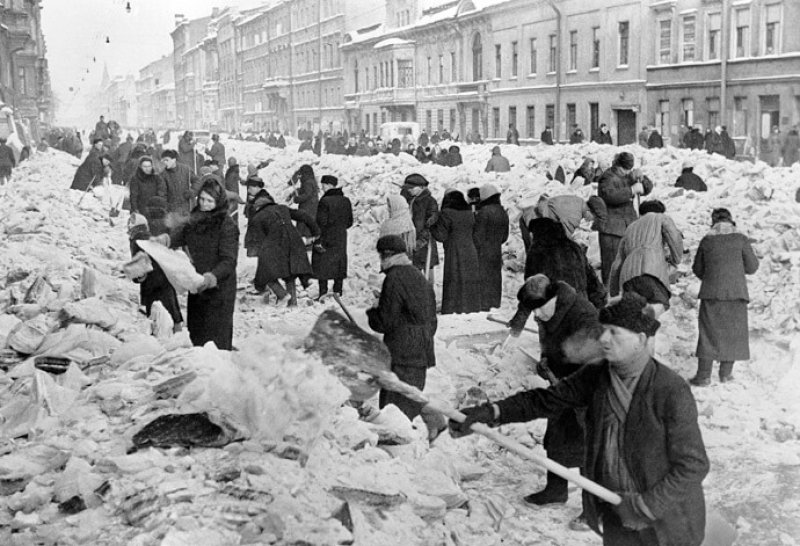Analysis of the genome structure of Leningrad siege survivors and their contemporaries has allowed Russian scientists to spot specific DNA mutations that helped people to live through one of the most tragic chapters of the WWII.
A team of researchers took blood samples from Leningrad siege survivors to analyze the structure of the genes involved in metabolism and cell activity when facing severe food shortages. They compared their findings with genetic samples of elderly Russians who did nt live through similar horrors.
Many siege survivors who suffered the worst turned out to have a completely different structure of two genes related to PPAR (peroxisome proliferator-activated receptors) proteins, and one from the UCP (uncoupling proteins) gene family, which play major roles in development, metabolism and thermogenesis of higher organisms.
The inhabitants of the besieged city, now known as St. Petersburg, had these genes undergo a mutation that increased the efficiency of the cells’ activities and reduced the loss of energy invested in keeping the body warm, according to an article, recently published in the journal Science.
Scientists hope their findings may be useful in developing ways to combat obesity, anorexia and other disorders related to the metabolism.
The GLP aggregated and excerpted this blog/article to reflect the diversity of news, opinion and analysis. Read full, original post: Survival genes: Scientists find DNA mutations tat helped Russians during Leningrad siege































